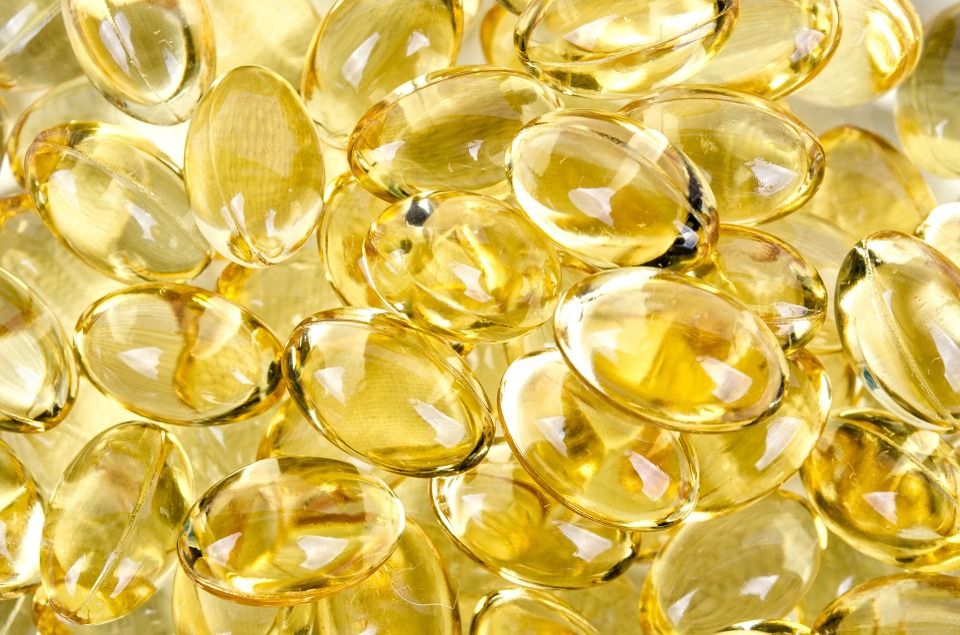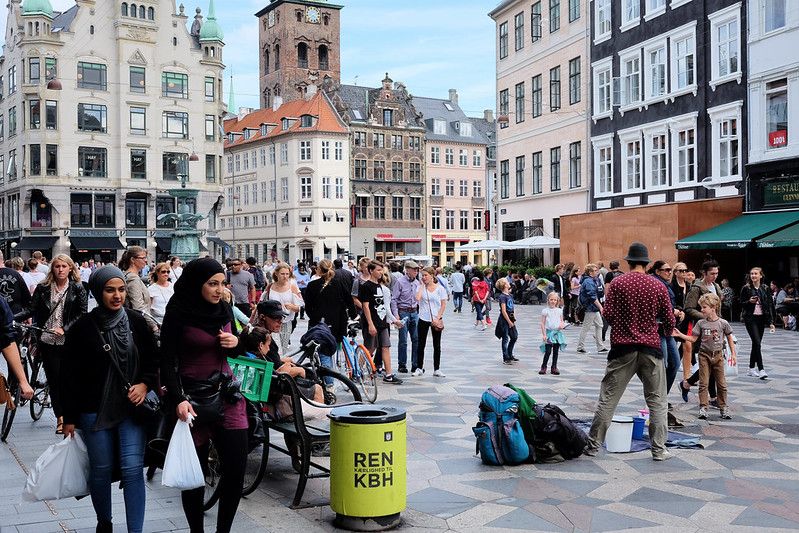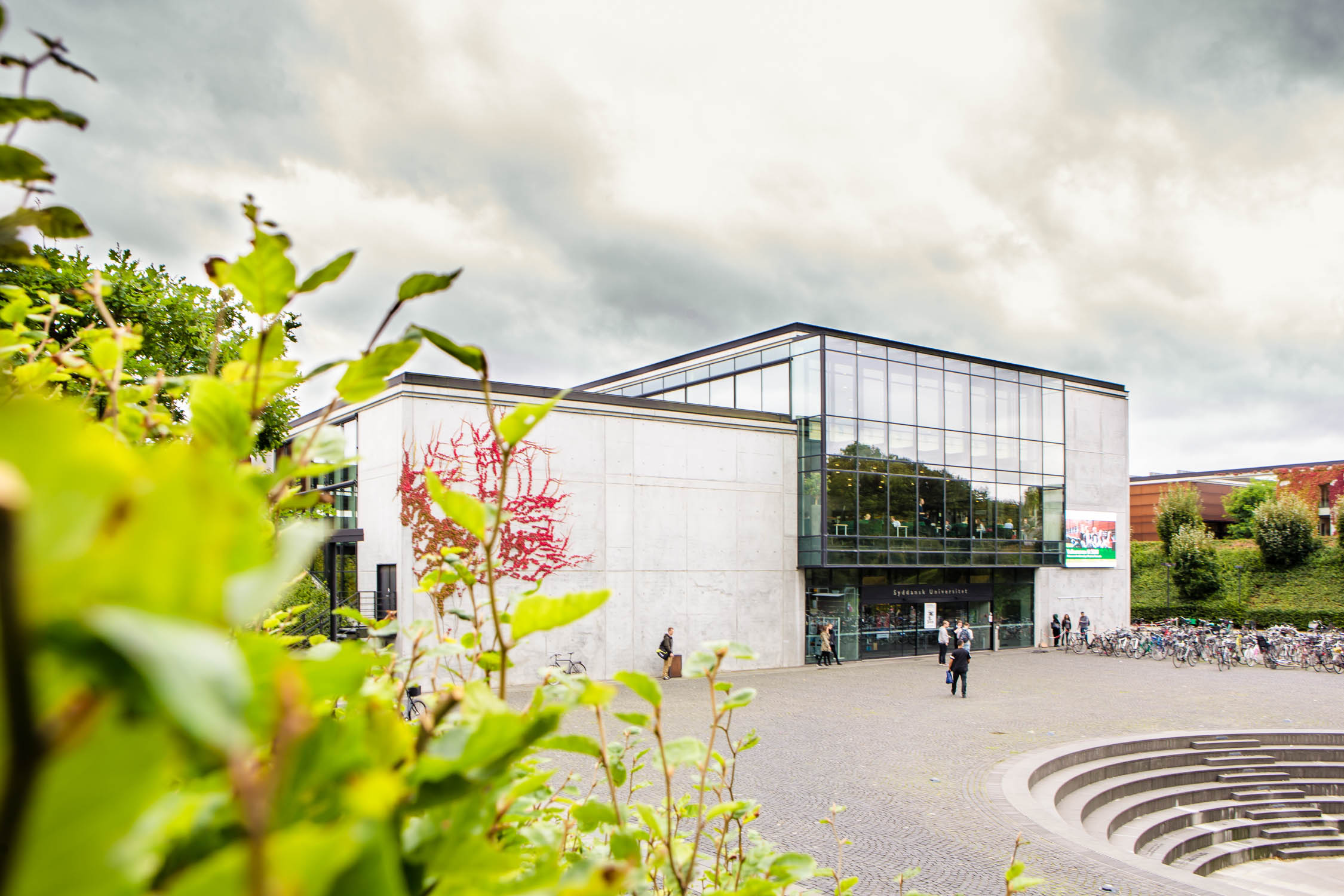Those who have lived in Denmark through the winter are well aware that the lack of sunlight can be harrowing to one’s psyche. But the short and oft-gloomy days can have health repercussions as well.
READ MORE: Take a SAD diagnosis and make it better
During the long Danish winter, the sun’s rays are not strong enough for people to generate vitamin D naturally in their skin, and researchers are once again calling for more vitamin D in the Danish diet.
“Obligatory food enrichment is the only viable choice if we want to eliminate vitamin D deficiency in Denmark,” Lars Rejnmark, a professor at Aarhus University, told Videnskab.dk.
“My best guess is that about 10 percent of adult Danes suffer from vitamin D deficiency and about 40 percent have an inadequate vitamin D status.”
Rejnmark was part of an expert panel and report in 2010 that recommended making vitamin D food enrichment obligatory in Denmark. But since then, nothing has happened.
READ MORE: Many Danish kids getting too little vitamin D
Weak muscle and bone
Rejnmark is backed up by Lars Hyldstrup, a doctor from Hvidovre Hospital, who contends that the problem isn’t with people who listen to dietary measures regarding vitamin D, but rather those who don’t.
“If we want to lift the population’s vitamin D level, we need to make use of all the accessible means to make as broad an impact as possible,” Hyldstrup told Videnskab.dk.
“We need to get more sun, eat a diet with more fatty fish or take a supplement, and we need to enrich food products like bread and milk.”
On average, adult Danes eat almost half – and kids barely a third – of the daily 10 micrograms of vitamin D recommended by the food authority, Fødevarestyrelsen.
Vitamin D deficiency impacts muscle function and bones, developing weak muscles and soft bones that can lead to osteoporosis. It is also discussed whether vitamin D can help prevent cancer, cardiovascular disease and immune-related illnesses.
READ MORE: Too little Vitamin D can kill you, say Danish researchers
Follow the Finns?
But despite the many concerns within the health sector, the politicians have no plans to approve obligatory food enrichment.
“Among adults, non-elderly Danes rarely have a vitamin D deficiency during the summer, but every tenth person falls under the [recommended] 25 nanomole per litre of blood [level] in winter. But it’s not possible to say whether these seasonal changes impact the healthy segment of the population,” Sandra Tomczyk, a spokesperson for Fødevarestyrelsen, told Videnskab.dk.
“There are probably only grounds for concern if you are bedridden year round. So the food authority and health authority recommends dietary supplements to vulnerable groups, such as people over 70, pregnant women and people who are always covered up.”
Among the Nordic nations, Denmark does the least to enrich its food products, while the Finns lead the way, although they do it on a voluntary basis. Norway, Iceland and Sweden have been enriching various food products going as far back as 1938.













